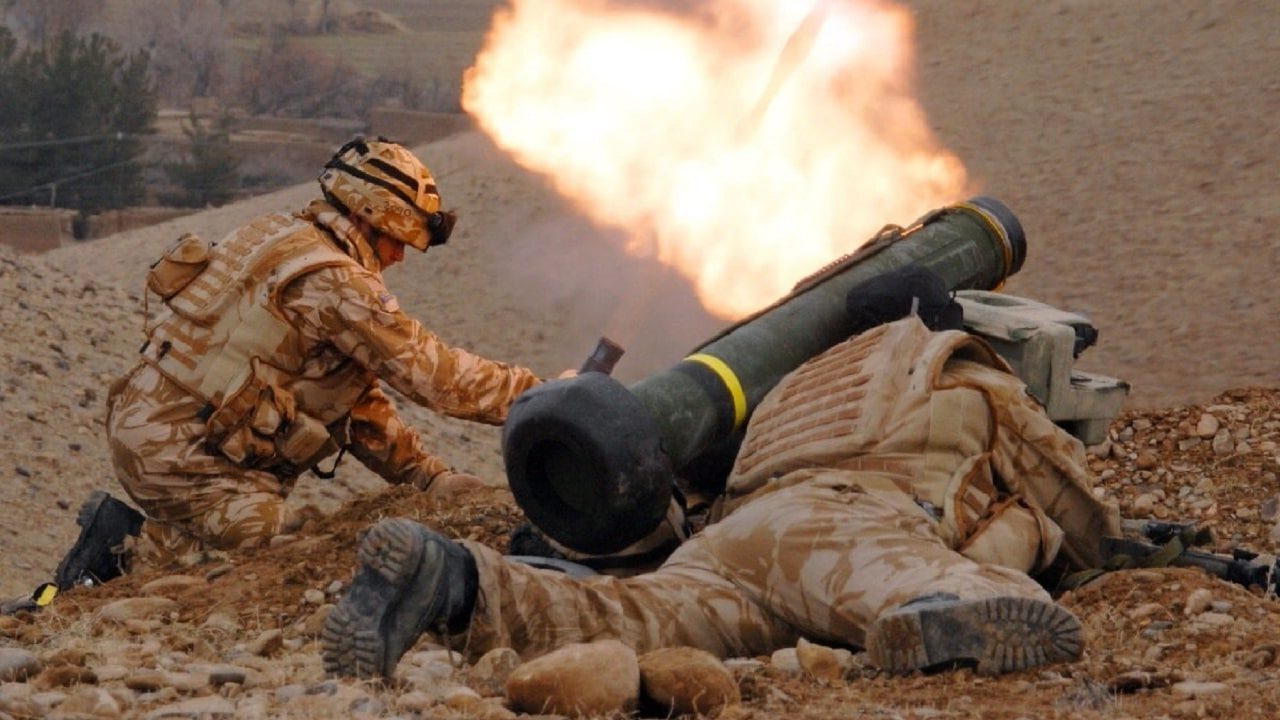It is increasingly clear that Russian President Vladimir Putin is panicking over the course of his war in Ukraine. Ukraine won a major, rapid victory in September with an offensive for which the Russian army was clearly unprepared. Putin’s response was to announce a hasty mobilization of Russian reserve forces, totalling 300,000.
It is evident from the disturbing stories emanating from the call-up that it was unplanned and panicked. Footage has emerged of Russia packing these draftees off to the war with almost no training. Russian logistics throughout the war have been chaotic, veering toward catastrophic, so it is all but impossible for Moscow to support, kit, or deploy hundreds of thousands of raw recruits properly. Desertions and shirking, already a problem on the Russian side, will likely increase.
If reserves are being deployed this rapidly and poorly, that suggests Russian lines in Ukraine are near collapse. Ukraine’s September offensive re-took Russian gains faster than anyone thought likely. Kyiv has threatened another offensive. A breakthrough could lead to a broader collapse. This famously happened in World War I. The Russian ‘Kerensky Offensive’ of the summer 1917 failed miserably, leading to the Russian army’s mutiny and collapse as the Central Powers – Germany and Austro-Hungary – counter-attacked and pushed Russia out of the war.
Can the Reservists Protract the War Through the Winter?
Rushing troops to the front like this is a defensive move. Without serious training or kit, an offense will be nearly impossible. Instead, they are almost certainly to prevent another, or slow down, another Ukrainian offensive in hopes of dragging the war into the winter.
Putin has signaled for months that a Russian gas cut-off of Europe is to encourage the West to cease supporting Ukraine and push it to negotiate. This will peak in the coming winter. As temperatures drop and heating bills in Europe rise, Putin is gambling he can still win, or at least hold his conquered gains. This strategy, in turn, incentivizes Ukraine to launch another offensive as soon as possible. The Russian reservists are likely intended to absorb that push so that most of Putin’s conquests will still be in place when the winter arrives and the Europeans, hopefully, buckle.
What if Europe Hangs on and Ukraine Doesn’t Quit?
This strategy bets a great deal on variables beyond Putin’s control – most obviously, the weather and European public opinion. If this winter is not particularly cold, then the gas weapon fails. And there is a good chance Europe can make it through one harsh winter. This situation will not repeat itself. Europe will never be so dependent on Russian fuels again. Putin has proven himself to be a hugely unreliable partner. And to date, European public opinion polling has held firm on the war, as have European elites.
If this ‘gas weapon and winter cold’ stratagem fails, then Putin is in real trouble. Even if Ukraine does not launch another offensive this year, it almost certainly will next year as soon as weather permits. By then, it will have stockpiled an enormous amount of Western weaponry and, especially, ammunition. Ukraine’s advantages in morale, training (by Western militaries), and intelligence (in cooperation with NATO states) will pile up, fueling a major effort in spring 2023. Russia, by contrast, will be struggling. The recent mobilization will be even more unpopular when the winter hits; Western sanctions on Russia will bite deeper as time goes by, and the war will almost certainly be even more contentious in the public and among Russian elites as it drags on and on.
Nuclear Scenarios
This is the circumstance where a Russian nuclear escalation becomes most possible. Now, it is unclear what Putin might actually strike with such a powerful device, given the huge geopolitical blowback risk. If the reservists do their job – acting as cannon fodder to slow down the Ukrainians this fall with sheer mass – then nuclear escalation serves no immediate value. Then Putin can hope for a cold winter and a peace deal.
But that scenario requires a lot to go right for Putin in sequence – his reserves fighting reasonably well rather than simply crumbling like in 1917, a cold winter, and Ukraine getting bullied by Europe into ending the war rather than simply ignoring Europe and fighting on (which is far more likely).
If this risky series of bets fail – which is likely – Putin is looking at a major Ukrainian offensive, a serious Russian strategic defeat, and national and personal humiliation. This is still the most likely course of the war – Russian exhaustion and withdrawal. Embarrassed and fearful, Putin then might finally reach for the nuclear option.
Expert Biography: Dr. Robert E. Kelly (@Robert_E_Kelly; RoberEdwinKelly.com) is a professor of international relations in the Department of Political Science at Pusan National University and 19FortyFive Contributing Editor.

